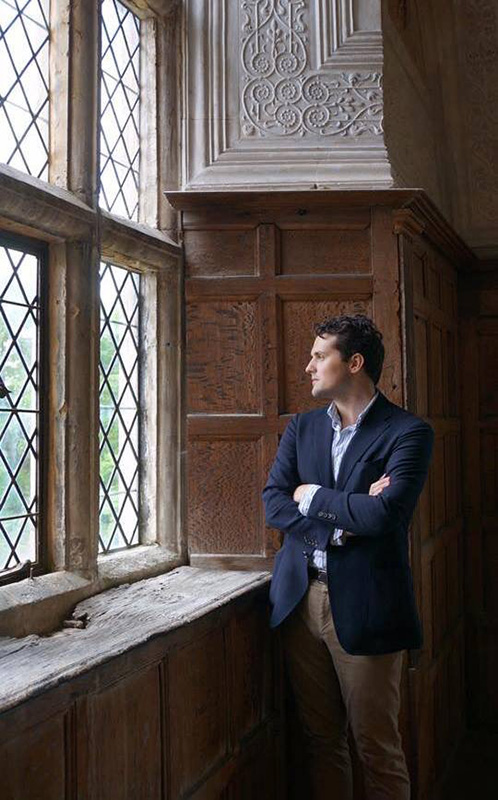Dealer Adam Ambros and curator Ed Town join Ben to talk about a collection of mostly small objects made in Britain between the sixteenth and nineteenth centuries, many of them marked with a date, the subject of a new book from the Yale Center for British Art called Marking Time: Objects, People, and Their Lives, 1500–1800. During the discussion, Town and Ambros tease out the material history and forgotten figures behind six of the most quotidian of these objects—two Elizabethian shoehorns and a powderhorn by little-known craftsman Robert Mindum, and three beakers by Nathaniel Spilman—and reveal that for the emerging middle class these were not merely useful objects, but status symbols.
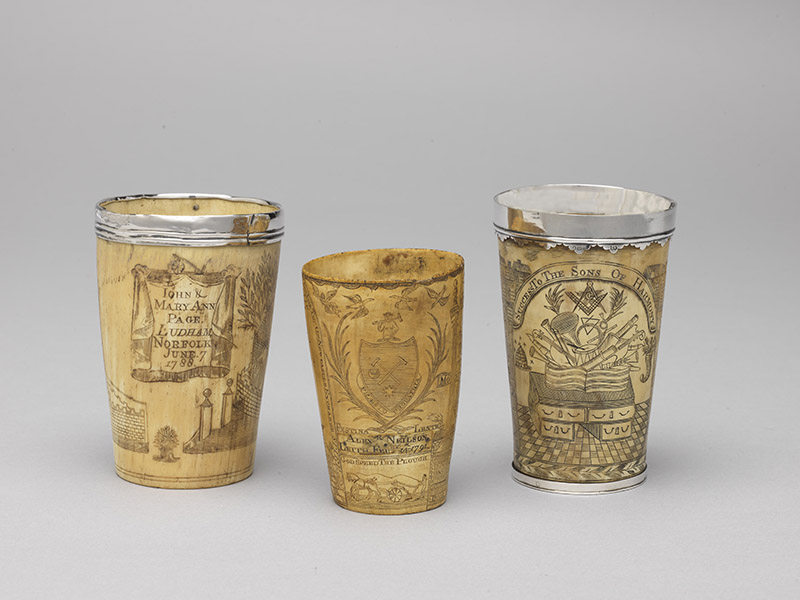
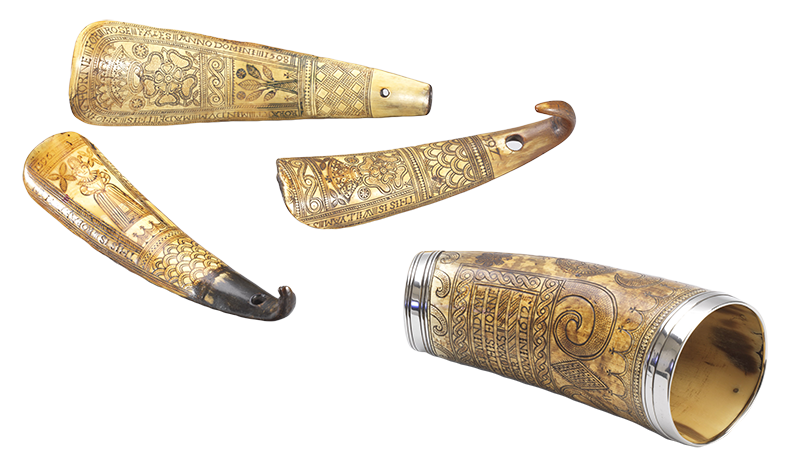
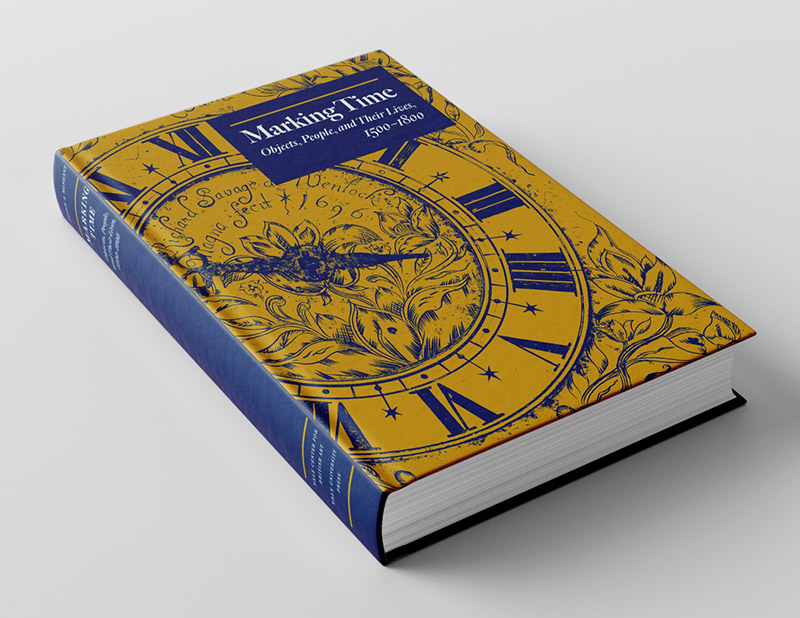
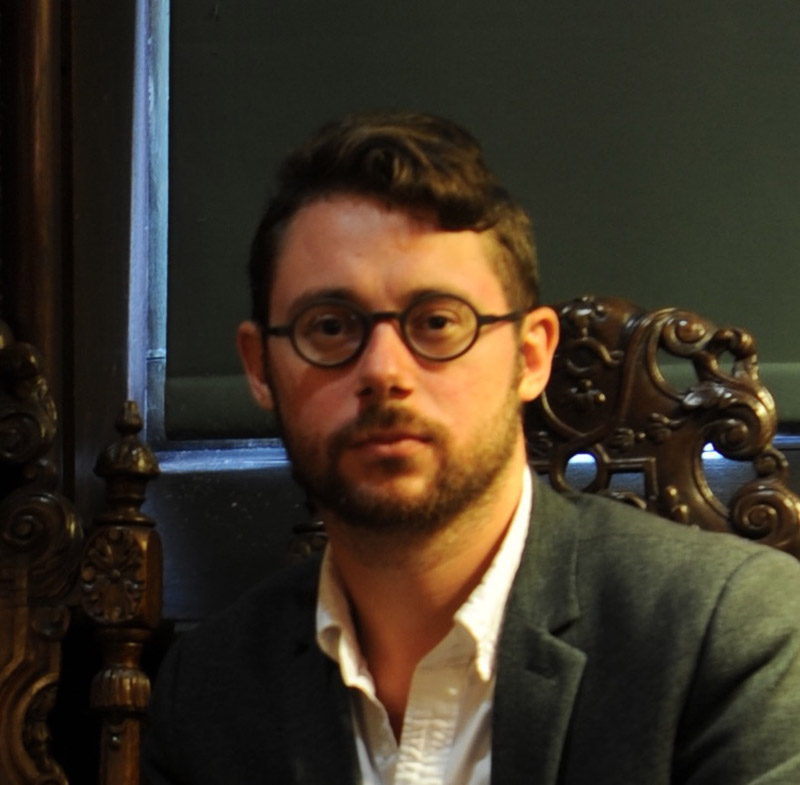
Edward Town is head of collections information and access at the Yale Center for British Art, New Haven, Connecticut. He was a co-author and contributor to Painting in Britain 1500–1630, and has published numerous articles on artistic production in the sixteenth and seventeenth centuries, including “A Biographical Dictionary of London Painters 1547–1625”; “A Fête at Bermondsey—an English landscape by Marcus Gheeraerts the Elder”; and, with Jessica David, “George Gower: Painter, Mercer, Serjeant-Painter.”
Adam Ambros is a private dealer of fine antique English and continental furniture and objects in New York City. Establishing his businesss in 2018, Ambros has distinguished himself with sales of rare items to important private and public collections domestically and internationally. Working with a wide network of scholars and professionals in the field of antiques, he also provides advisory services for acquisitions, appraisals, conservation, and research of furniture, objects, and historic interiors.
